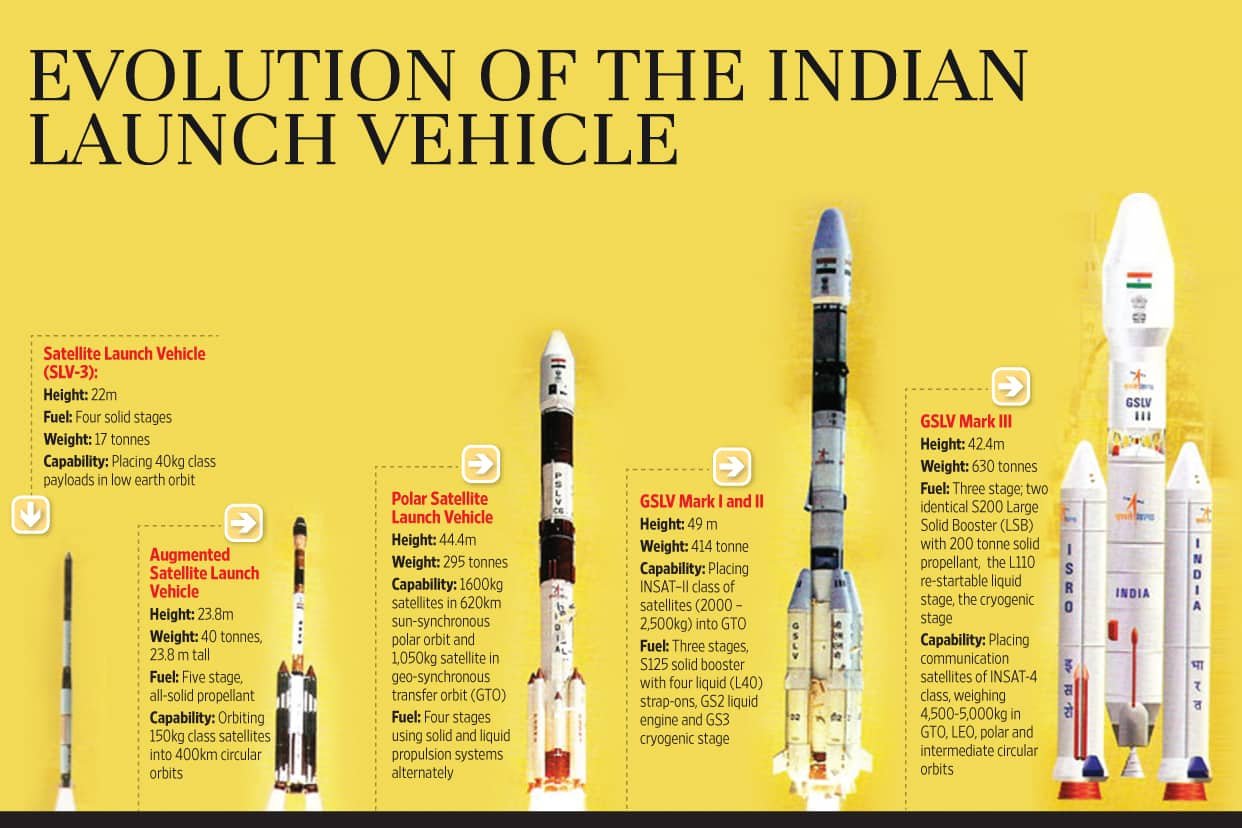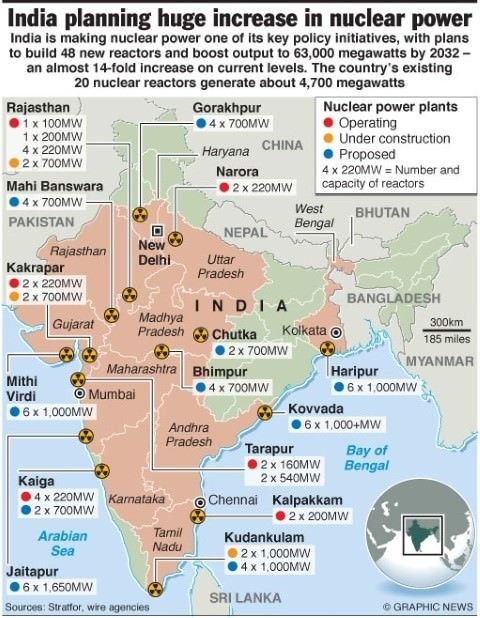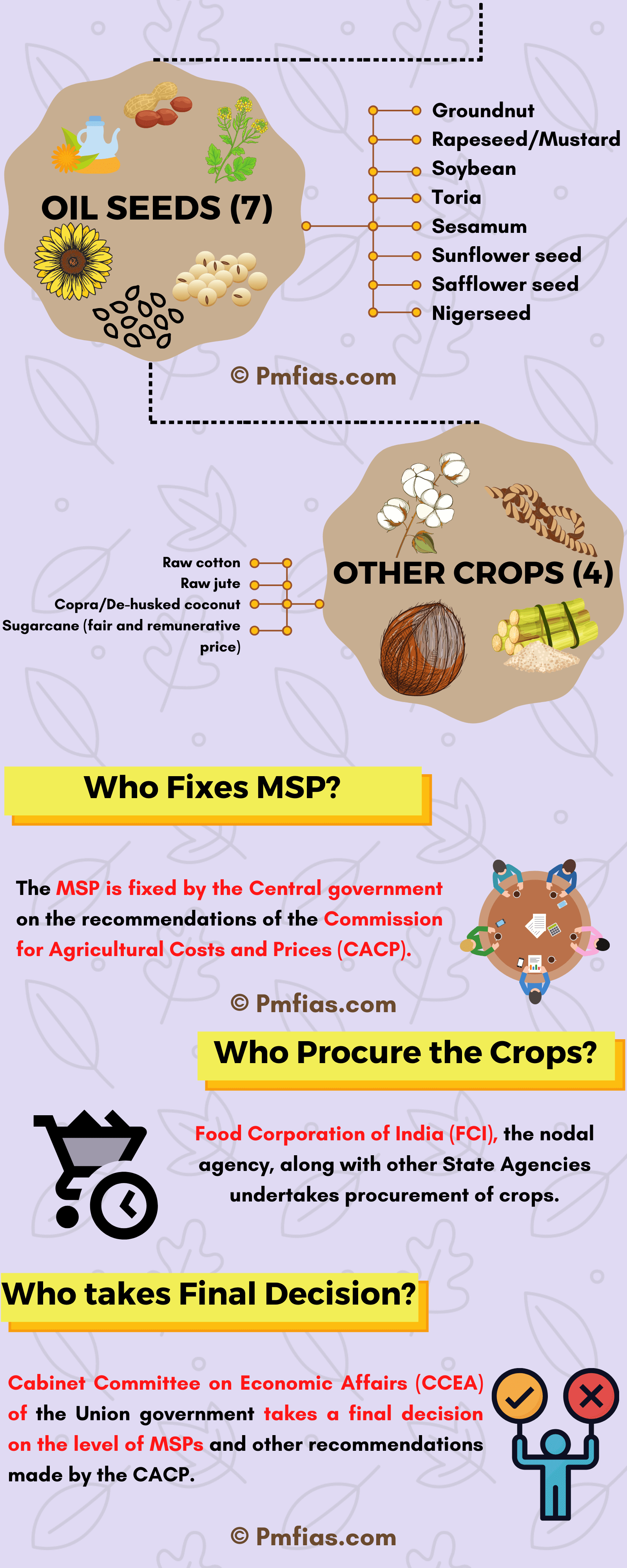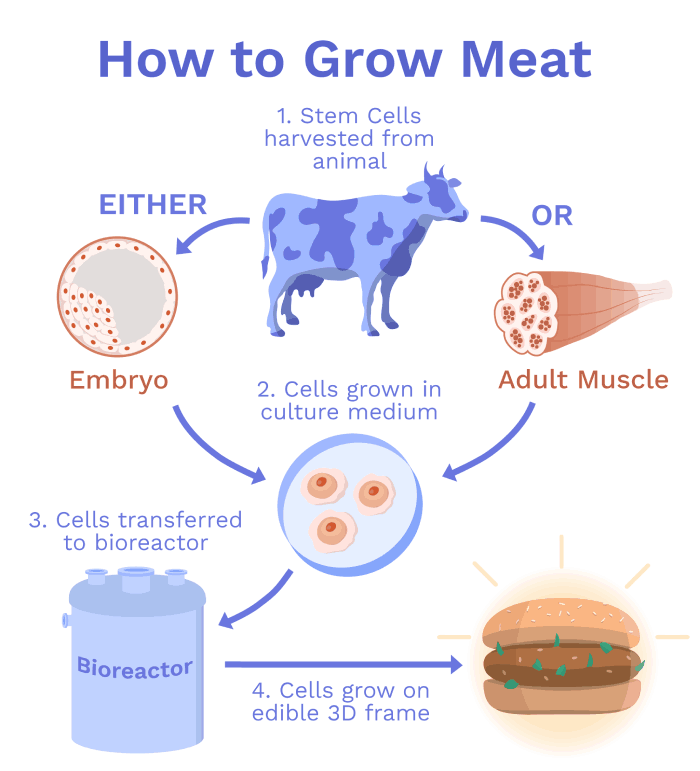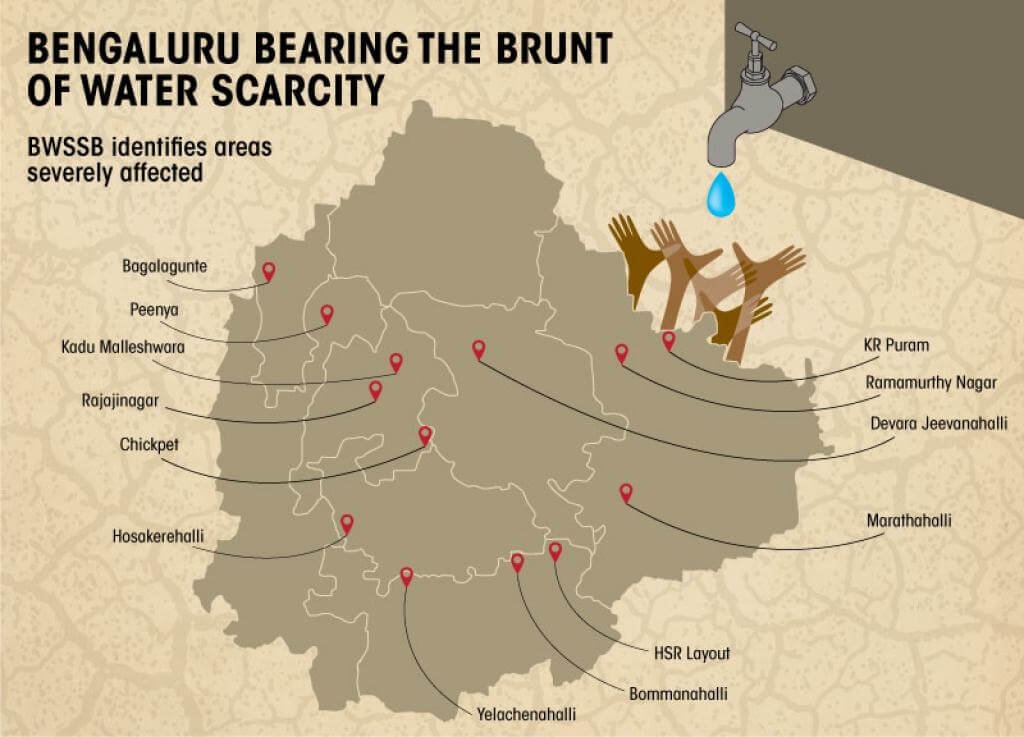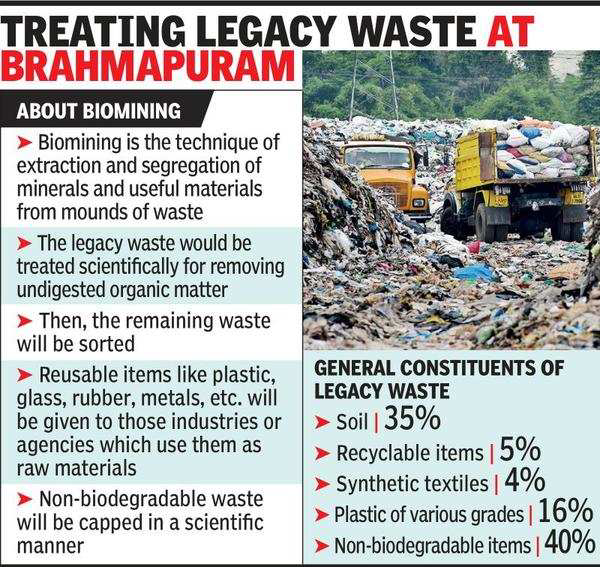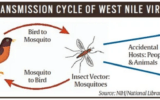
Textile Sector towards the Green Path
Subscribers of "Current Affairs" course can Download Daily Current Affairs in PDF/DOC
Subscribe to Never Miss an Important Update! Assured Discounts on New Products!
Must Join PMF IAS Telegram Channel & PMF IAS History Telegram Channel
- Context (TH): With The European Union’s (EU) ESG goals, the Indian Textile sector faces a challenge.
- India exports 16% of its cotton textiles, 40% of its synthetic fabric and 28% of its total apparel to European countries.
|
Current status of efforts
- The Ministry of Textiles has formed an ESG task force for supportive interventions for the industry.
- Cotton Textiles Export Promotion Council (Texprocil) promotes the traceable Indian cotton brand Kasturi.
- Financial institutions are supporting MSMEs to fund green and sustainable projects.
- Considerable documentation of various sustainable and inclusive social practices has already started.
- Large-scale employment for rural women in the sector indicates a socially responsible industry.
- Showcasing the green prints with supporting carbon data in international events is being undertaken.
- Major garment exporters have begun releasing annual sustainability reports.
- Many textile processing units in the Tiruppur textile cluster are connected to common effluent treatment plants with zero liquid discharge.
- Panipat (Haryana) open-end spinners use only recycled fibre.
- India recycles almost 90% of its used PET bottles into fibre.
Challenges in the green textile sector
- 90% of garment exporters are MSMEs. Compliances and documentation come with additional costs, thinning the units’ margins.
- Individual European countries are coming out with their codes.
- ESG talks about ‘living wages’, which differ for each state, leading to differences in labour costs.
- Import of hosiery waste from Bangladesh is increasing as demand increases for recycled fibre. However, the quality of regenerated cotton is not on par with fresh cotton.
- Only some global brands are ready to pay a higher price to compensate for increased investment.
- The domestic market is not yet developed for sustainable products.
Way forward
- As the EU MSMEs are exempted from ESG norms, India should negotiate an exemption for MSMEs from ESG norms in the proposed EU FTA.
- A separate Harmonised System code for the export of high-quality, sustainable products can be implemented.




![PMF IAS Environment for UPSC 2022-23 [paperback] PMF IAS [Nov 30, 2021]…](https://pmfias.b-cdn.net/wp-content/uploads/2024/04/pmfiasenvironmentforupsc2022-23paperbackpmfiasnov302021.jpg)
